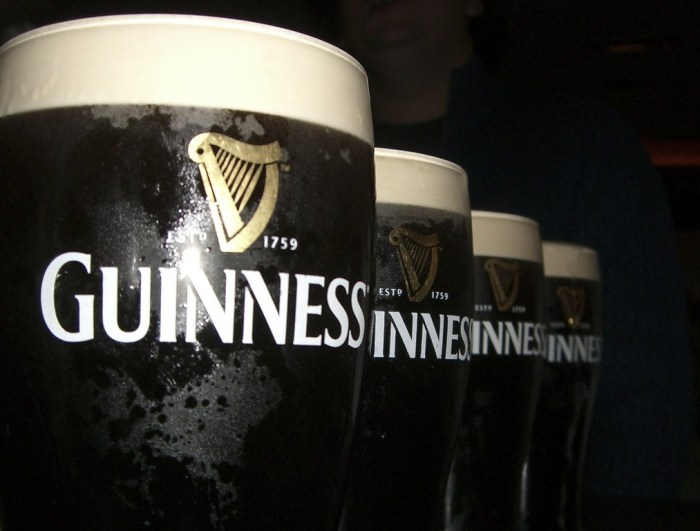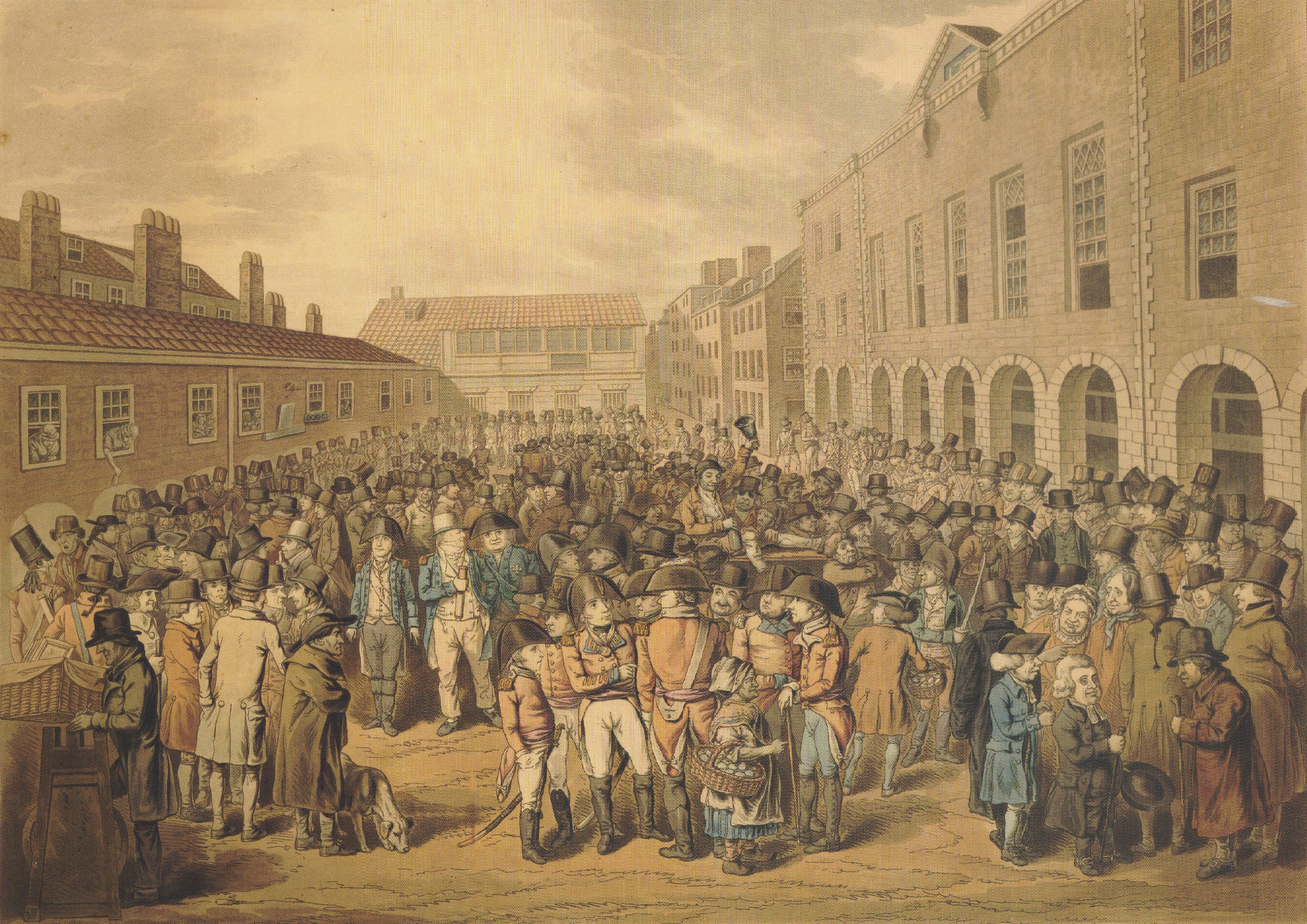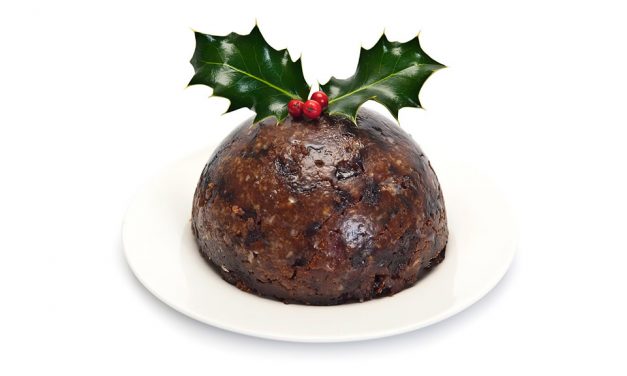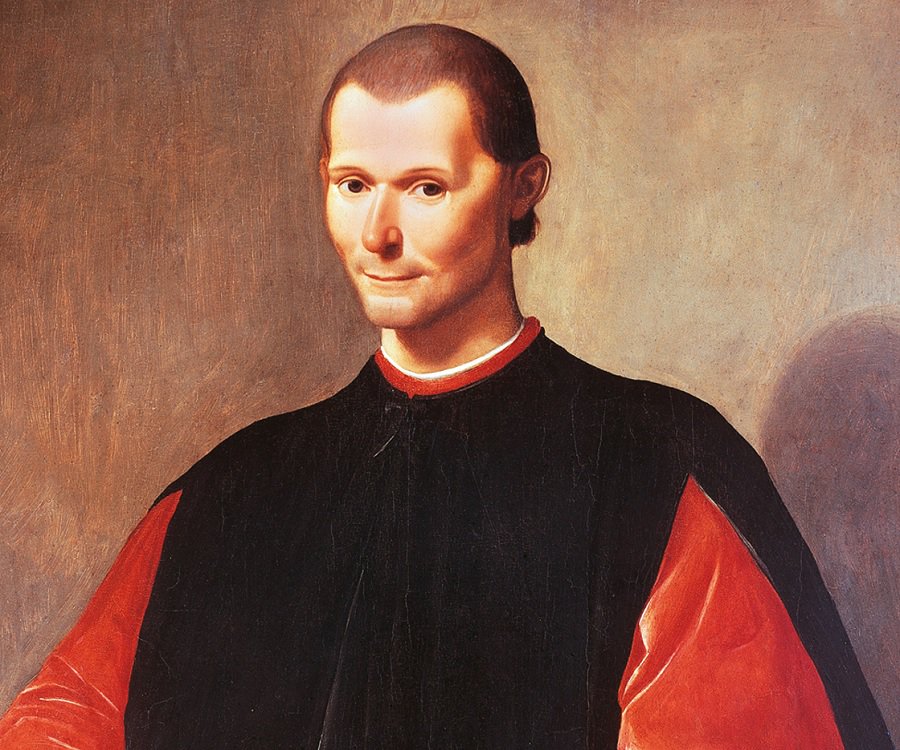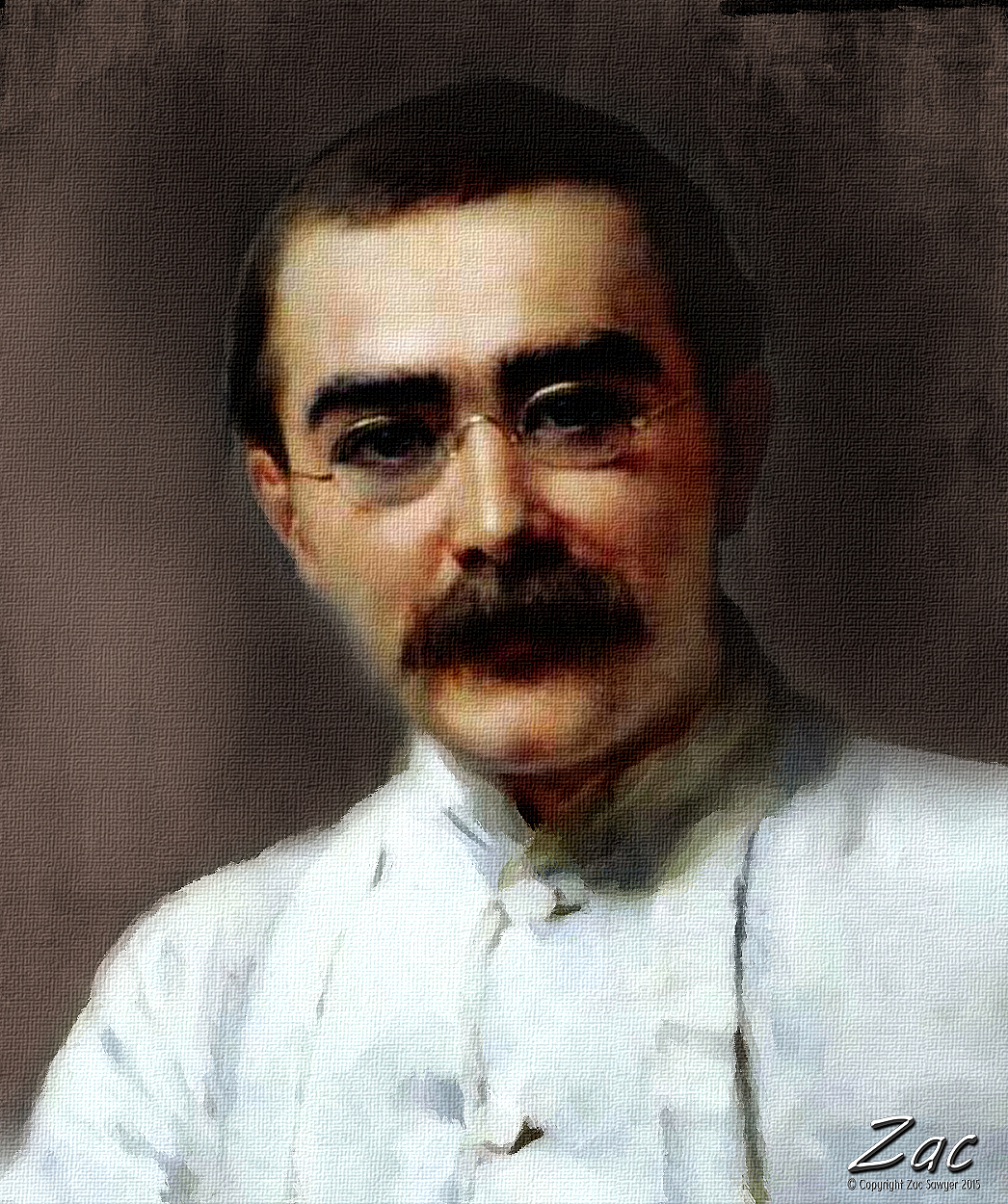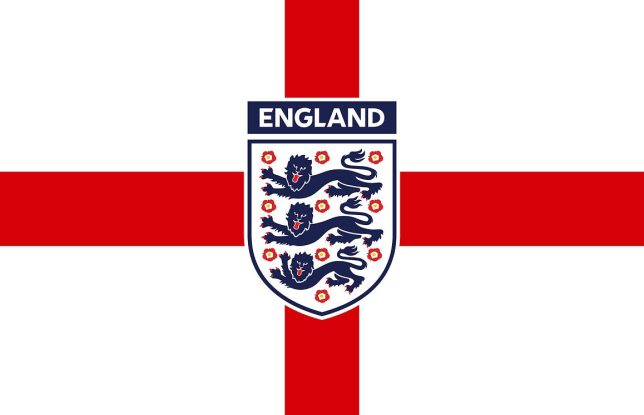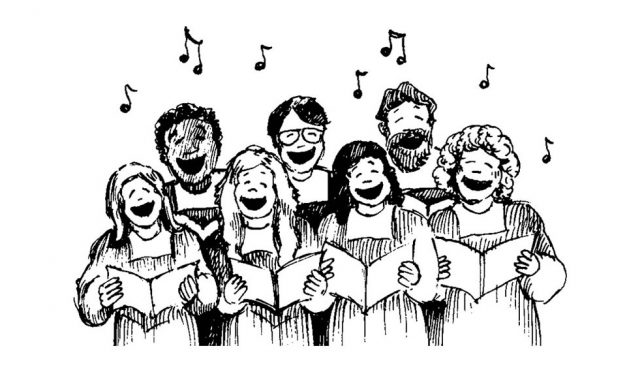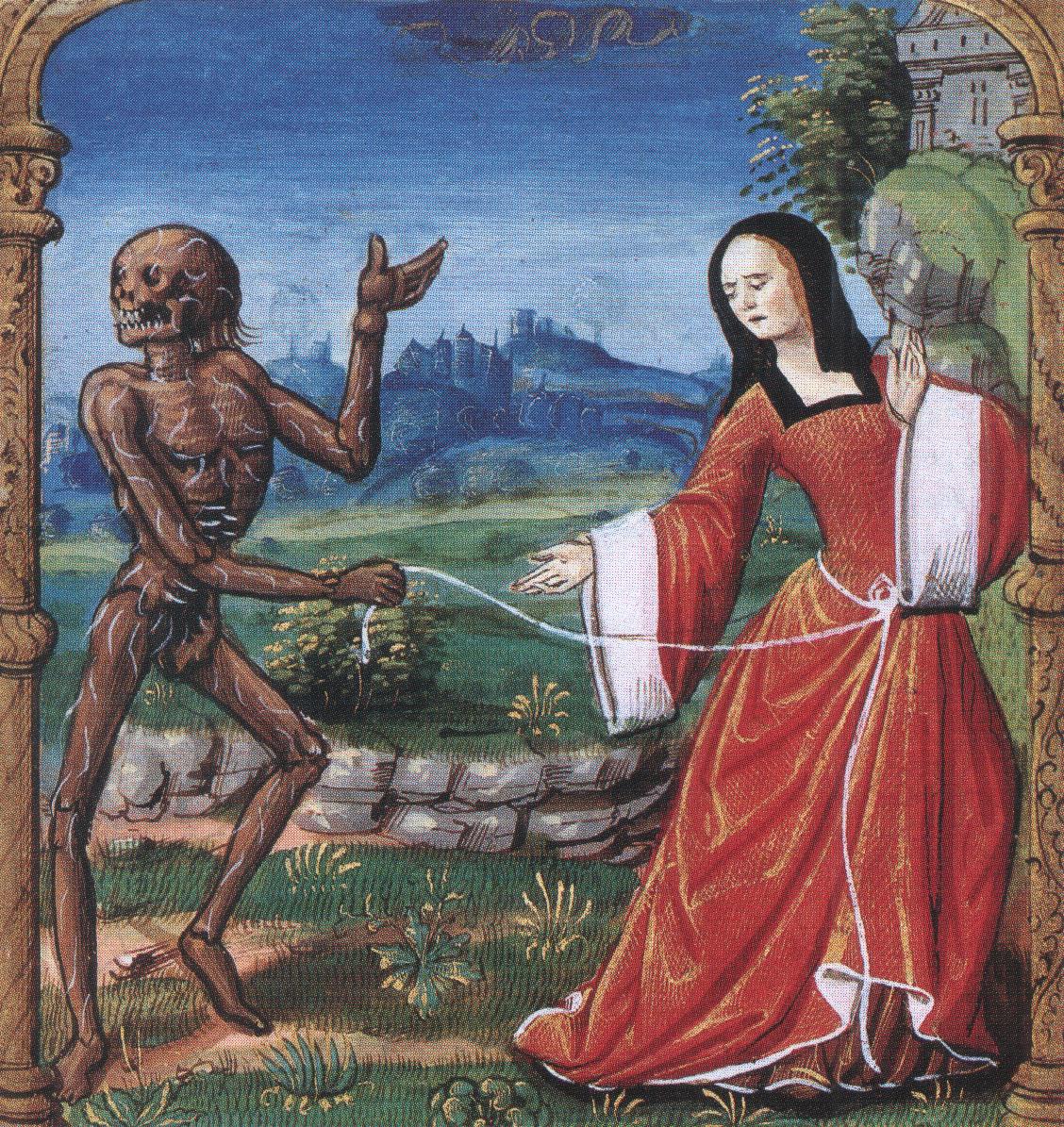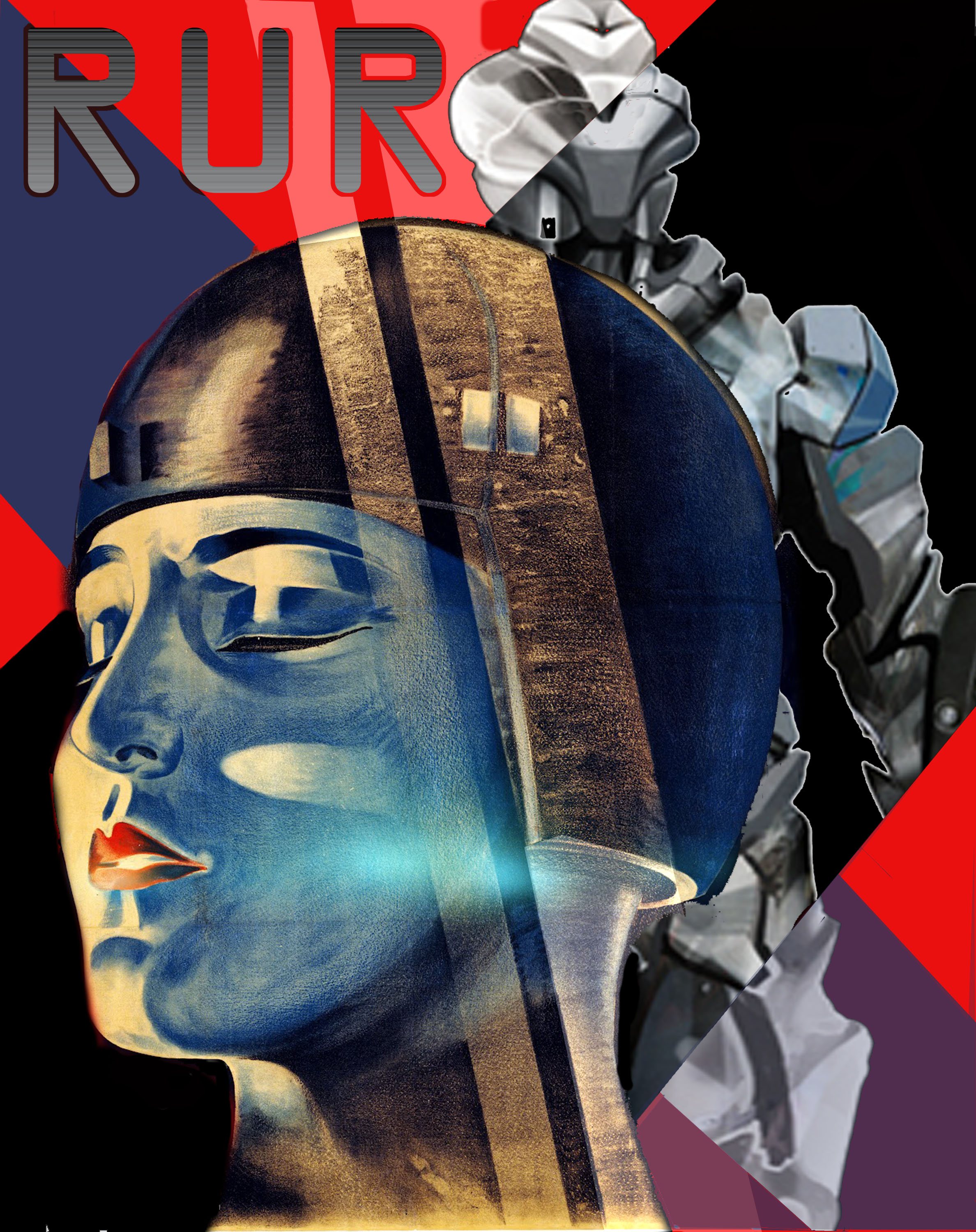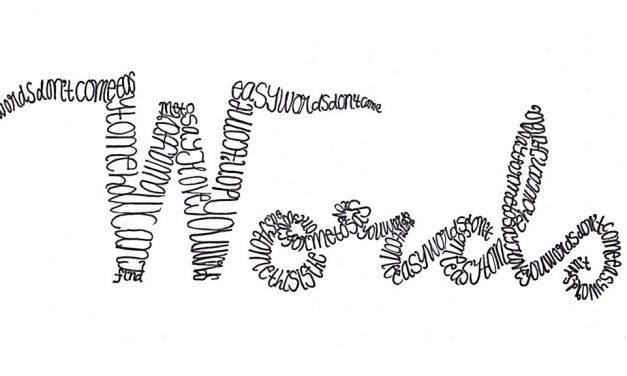Tag: origins
What is the Origin of Saluting and Why is the Roya...
Jun 10, 2022 | General Interest |
What’s the Meaning and Origin of the Phrase ...
May 13, 2022 | General Interest, Literature, Trivia |
What’s the Origin of the Term OK ?
Feb 11, 2022 | General Interest, Trivia |
Who Invented Spaghetti?
Jan 28, 2022 | Food & Drink, General Interest |
Why is the colour blue associated with baby boys a...
Dec 31, 2021 | General Interest, Trivia |
All
LatestThe History of Shrove Tuesday
Feb 19, 2021 | Food & Drink, General Interest, Religion |
Modern Britain is a very secular society but there are many traditions that people still partake in that have a very religious significance without people really realising. Take for example 'Shrove Tuesday' - what exactly is the "shroving" bit about and why the obsession with pancakes on that day ?
-
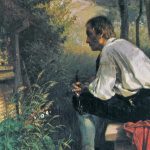
Go Tell it to the Bees
Jan 22, 2021 | General Interest, Trivia |
-

Why Are There 5,280 feet in a mile?
Jan 1, 2021 | General Interest, Trivia |
-

-
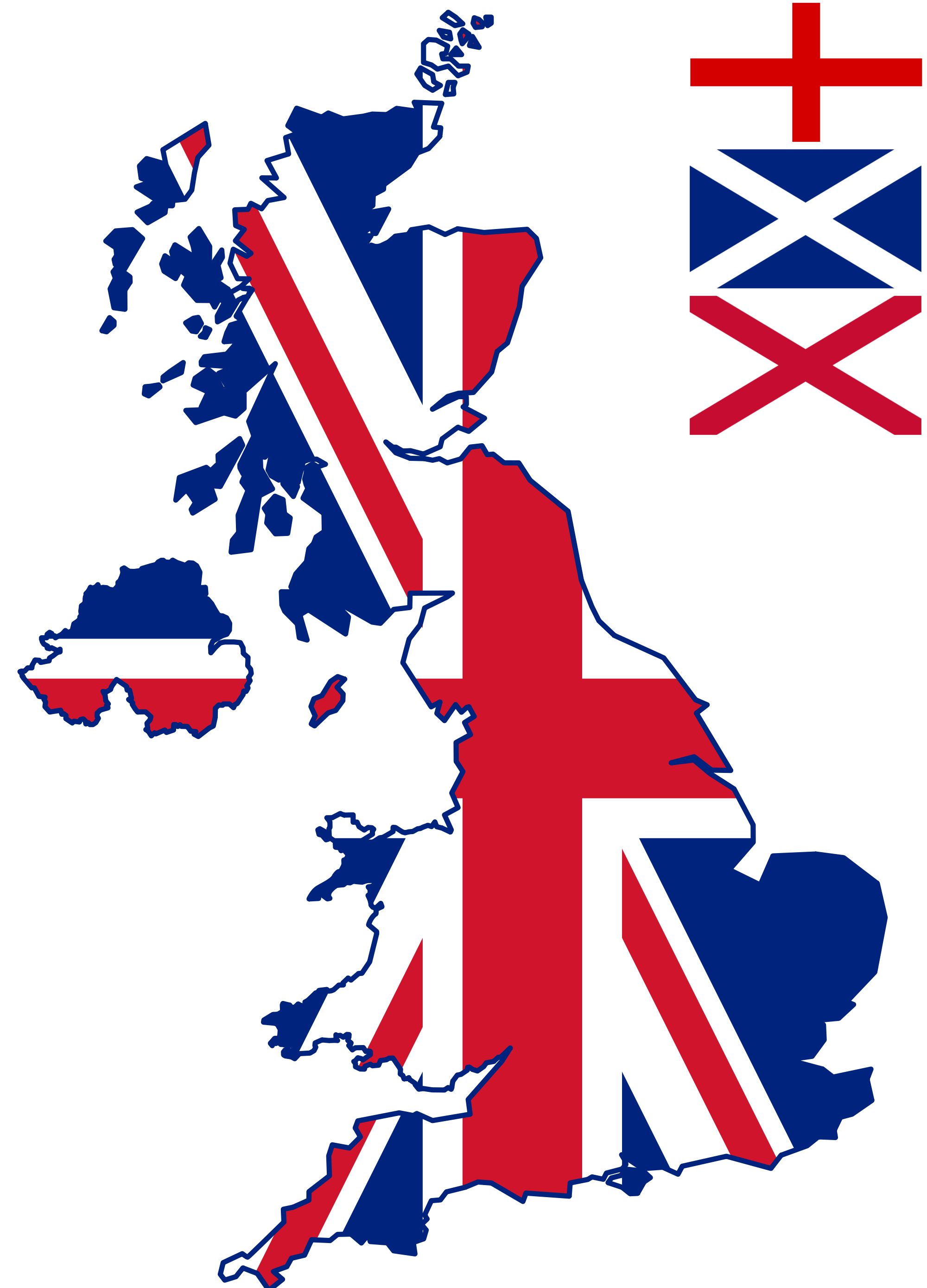
The Origin of The Union Jack
May 8, 2020 | General Interest, Trivia |
More...
Why Guiness is Less Irish than you Think
Mar 6, 2020 |
St Patrick’s Day, on March 17th, is an annual celebration of all things Irish – and of one thing in particular. Around Ireland, and all over the world, people celebrate with a pint or two (or more !) of Guinness, Ireland’s unofficial national intoxicant. But how Irish is it really?
Read MoreWacky-pedia : Foody Factoids – Who invented the hamburger, Ketchup or the Burger Bun?
Feb 28, 2020 |
In this article we present you with some wacky facts as well as answering some of the more weird questions – questions that you never even knew you should’ve asked!
Foody Factoids – Who invented the hamburger, Ketchup or the Burger Bun?
The Guernsey Markets – Was it always in Town and What existed prior to the “New Market Building” ?
Jan 31, 2020 |
In recent years the Guernsey Market buildings have undergone something of a grand transformation from the covered markets it was originally built for in the 19th century. They are certainly one of Guernsey’s most iconic landmarks, but its history has not always been as obvious. So, what was here before then and were Guernsey’s Markets always here ?
Read MoreWhy Does Water Freeze?
Dec 27, 2019 |
Why Does Water Freeze?
In a Nutshell … Water freezes because water molecules stick to one another when they get cold and slow down.
The History of the Christmas Pud
Dec 20, 2019 |
The “Christmas Pud” – in our opinion the most delicious of all the scrumptious winter fayre that helps make up the traditional British Christmas. However what we think of as Christmas Pudding, is not what it was originally like! In this article we look at “The History of the Christmas Pud”
Read MoreEnglish Words that Used To Have Vastly Different Meanings To What We Understand Today
Nov 15, 2019 |
How would you rate your vocabulary ? Average; Better than Average ; Exceptional ?
It may not matter how good you think your command of English is because in this article we reveal some surprising revelations about some of the words, you may have thought you had a thorough understanding of, had, in point of fact, some VERY different meanings in the past.
Origins of Some English Eponyms : Titch, Platonic, Maudlin, Machiavellian
Jul 5, 2019 |
Eponyms are one of the most fascinating examples of how the English language gains new words. In this article we take a colourful look at the phenomenon that is the eponym gathering together the stories of the people behind the words that have passed into our everyday vocabulary : Titch; Platonic; Maudlin and Machiavellian.
Read More5 Words Introduced to the English Language by Rudyard Kipling
Jun 21, 2019 |
Shakespeare is often credited as a the most prolific contributor of many of the words we use today in the English language. However he’s not the only venerable writer to do so. Rudyard Kipling, author of The Jungle Book, was also a highly prolific contributor, coining and popularising many words and phrases still in use in modern English.
Read MoreThe Origins of England’s Three Lions
Jun 7, 2019 |
“It’s coming home, it’s coming home, it’s coming, Football’s coming home ” – So goes the ever popular 1996 “Three Lions” song. So when did the three lions symbol come to be used as England’s royal arms and therefore on the England team shirts ? The answers is somewhat surprising and reveals why in the past we might’ve been singing “three leopards on a shirt”
Read MoreEnglish Words that Used To Have Vastly Different Meanings To What We Understand Today
May 24, 2019 |
How would you rate your vocabulary ? Average; Better than Average ; Exceptional ?
It may not matter how good you think your command of English is because in this article we reveal some surprising revelations about some of the words, you may have thought you had a thorough understanding of, had, in point of fact, some VERY different meanings in the past.
Some Guernsey Place Names & Their Meanings
Mar 15, 2019 |
Place-names are not just arbitrary sounds or quaint words. They had meaning to our remote ancestors who derived them for a reason. They give us insight into their world . In this article we look at just a few of some of Guernsey’s place names and their meanings.
Read MoreEnglish Words that Used To Have Vastly Different Meanings To What We Understand Today
Dec 28, 2018 |
How would you rate your vocabulary ? Average; Better than Average ; Exceptional ?
It may not matter how good you think your command of English is because in this article we reveal some surprising revelations about some of the words, you may have thought you had a thorough understanding of, had, in point of fact, some VERY different meanings in the past.
Christmas Carols – The Oldest ones are the best – Some Origins
Dec 4, 2018 |
Christmas carols are mostly a Victorian tradition along with trees, crackers and cards. In this article we look at why the popularity of Silent Night has never faded, why there’s always a place for Hark! The Herald Angels Sing, and why the British fondness of Good King Wenceslas has yet to subside.
Read MoreOrigins of Some English Eponyms : Farenheit, Colossal, Macabre, Dolby
Nov 23, 2018 |
Eponyms are one of the most fascinating examples of how the English language gains new words. In this article we take a colourful look at the phenomenon that is the eponym gathering together the stories of the people behind the words that have passed into our everyday vocabulary : Farenheit, Colossal, Macabre, Dolby
Read MoreFrom Robot to Airy-Fairy to Cyberspace – 10 Beautiful Words Coined by Famous Writers
Oct 23, 2018 |
If you look at the number of words in the English language you’ll find that estimates vary between 500,000 and just over 2 million, depending on how you count them. You will find that some of these words were simply “made up” by various authors at one time or another but they’ve proved so popular that they’ve entered our everyday lexicon like Robot, Airy-Fairy, Banana Republic, Cyberspace, Co-ed and many more.
Read MoreWhat Are the Oldest Words in the English Language Still in Use Today ?
Oct 9, 2018 |
The oldest (known) words in the English language are, as you might expect, “building block words” – words that reflecting key elements in any developing human society. All of the ones we’ve listed in this article originate on or before 1000AD and 900AD.
Read More


